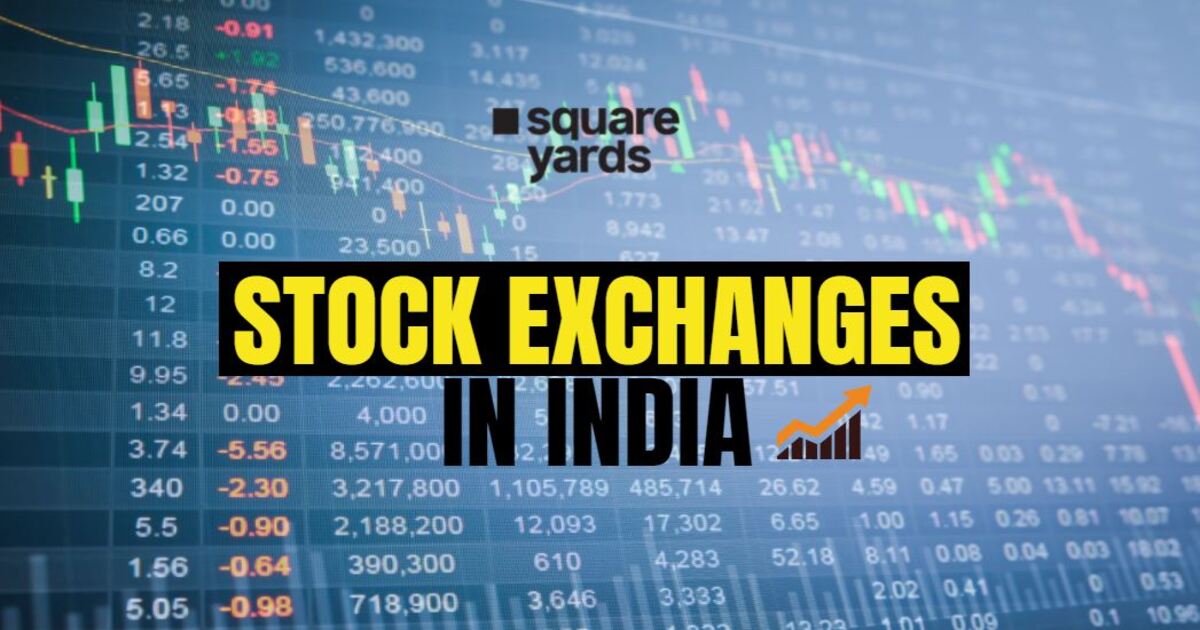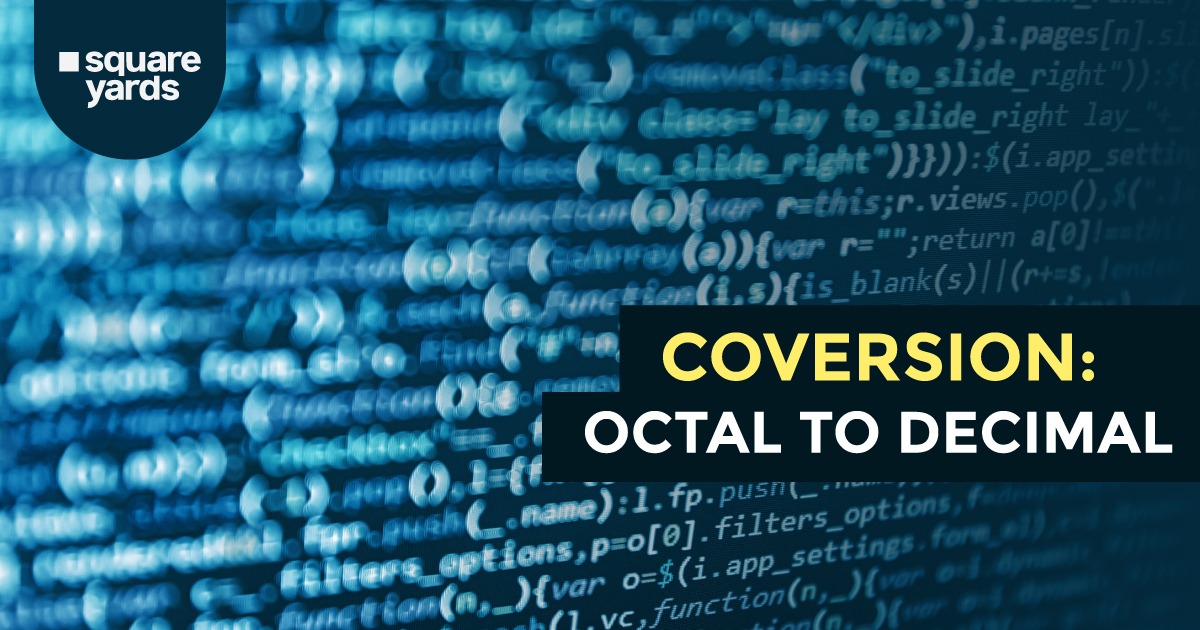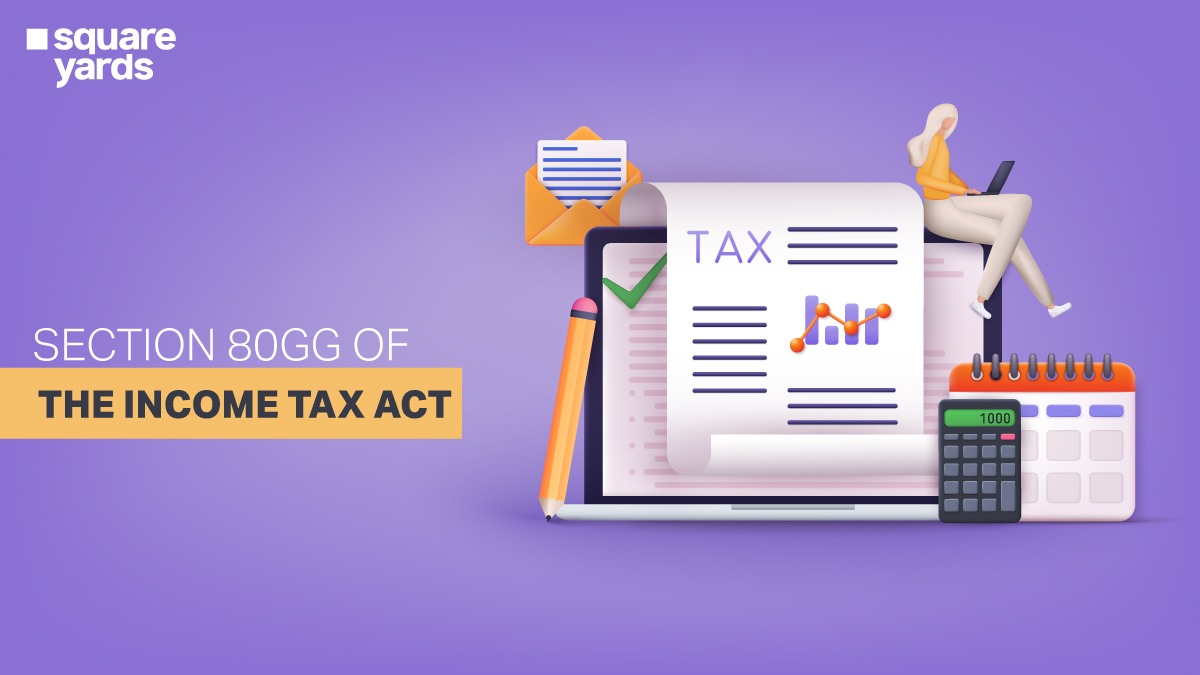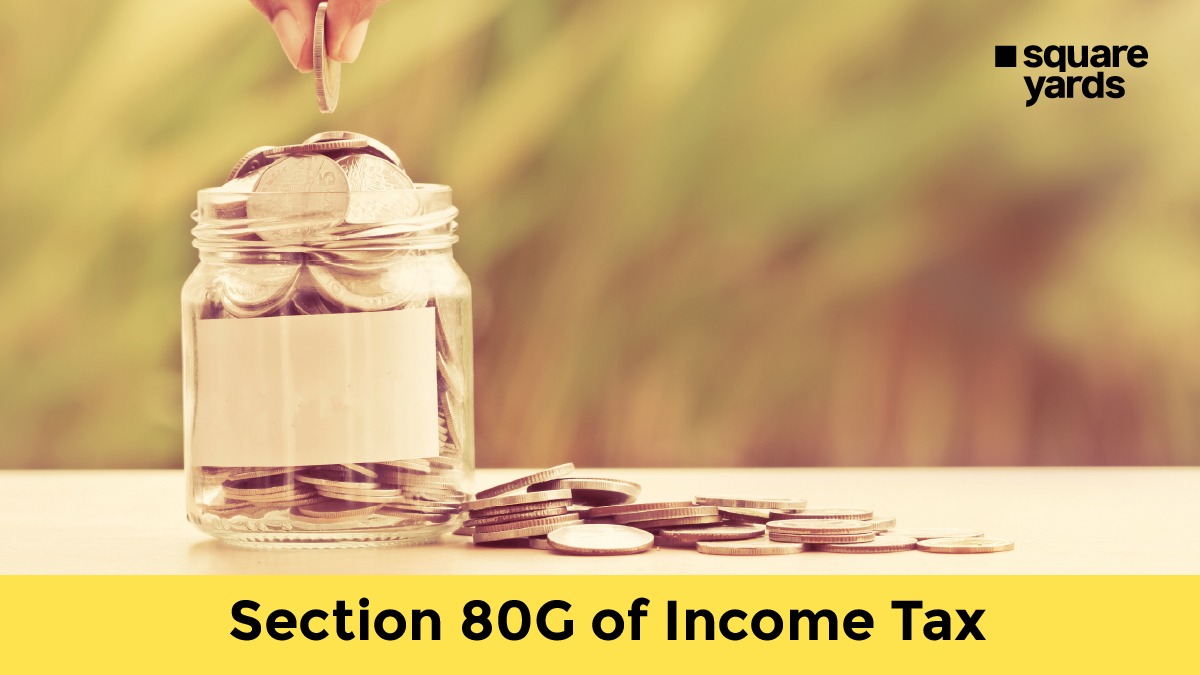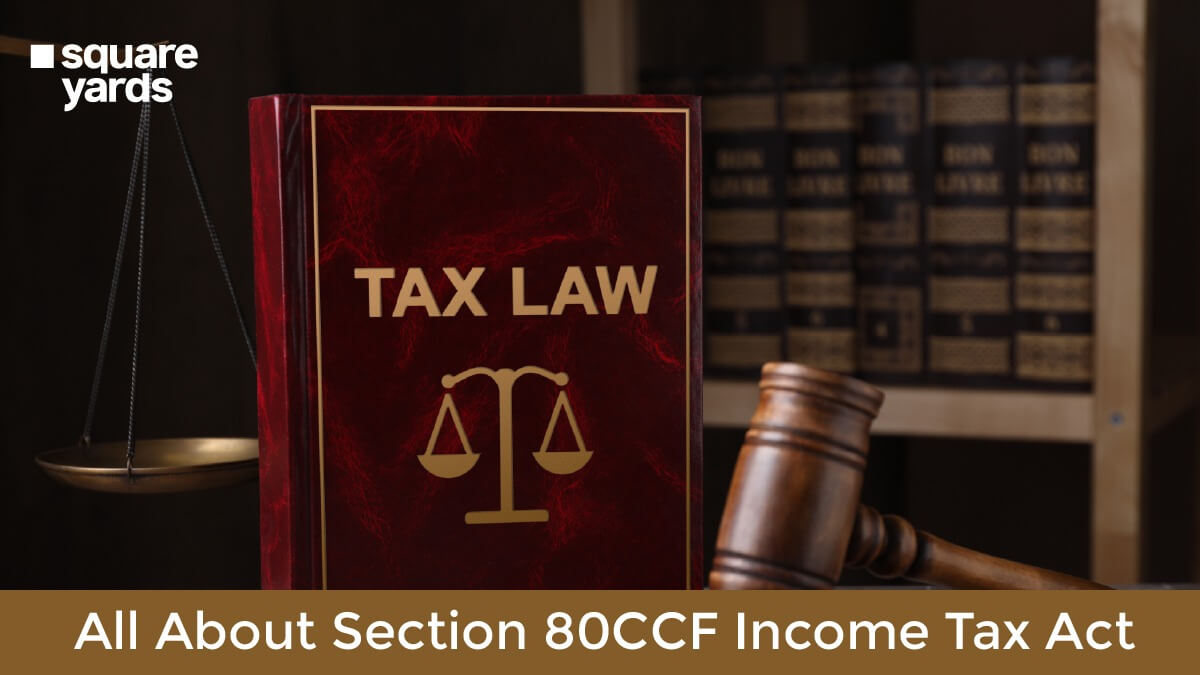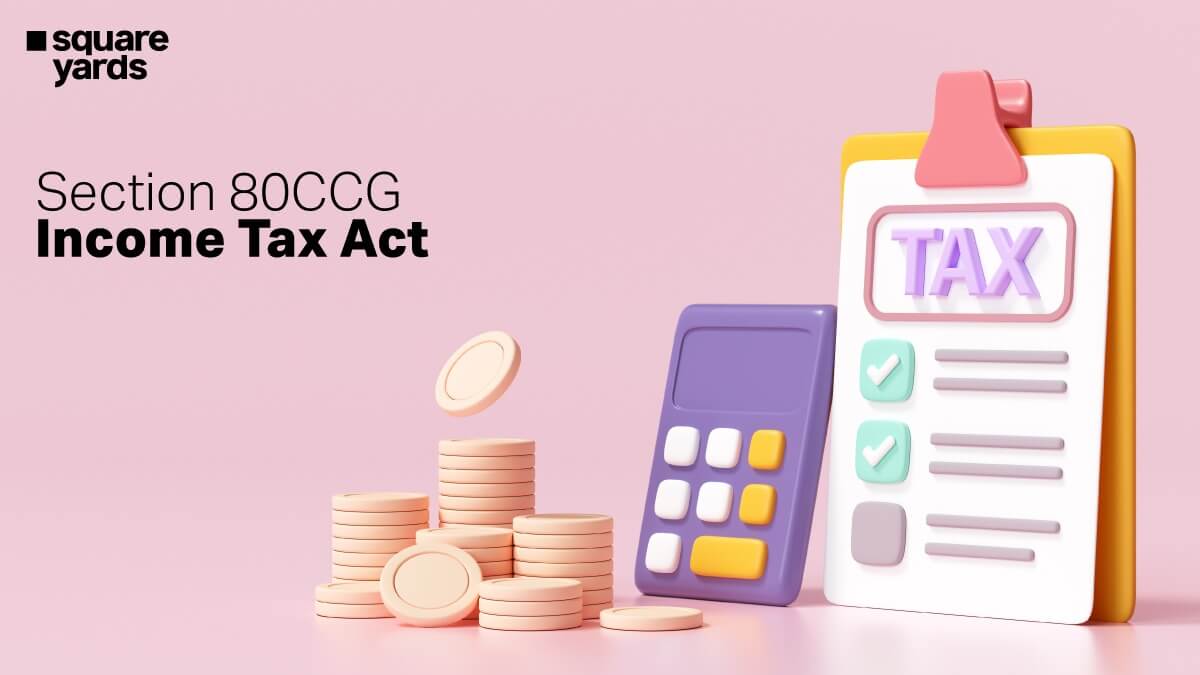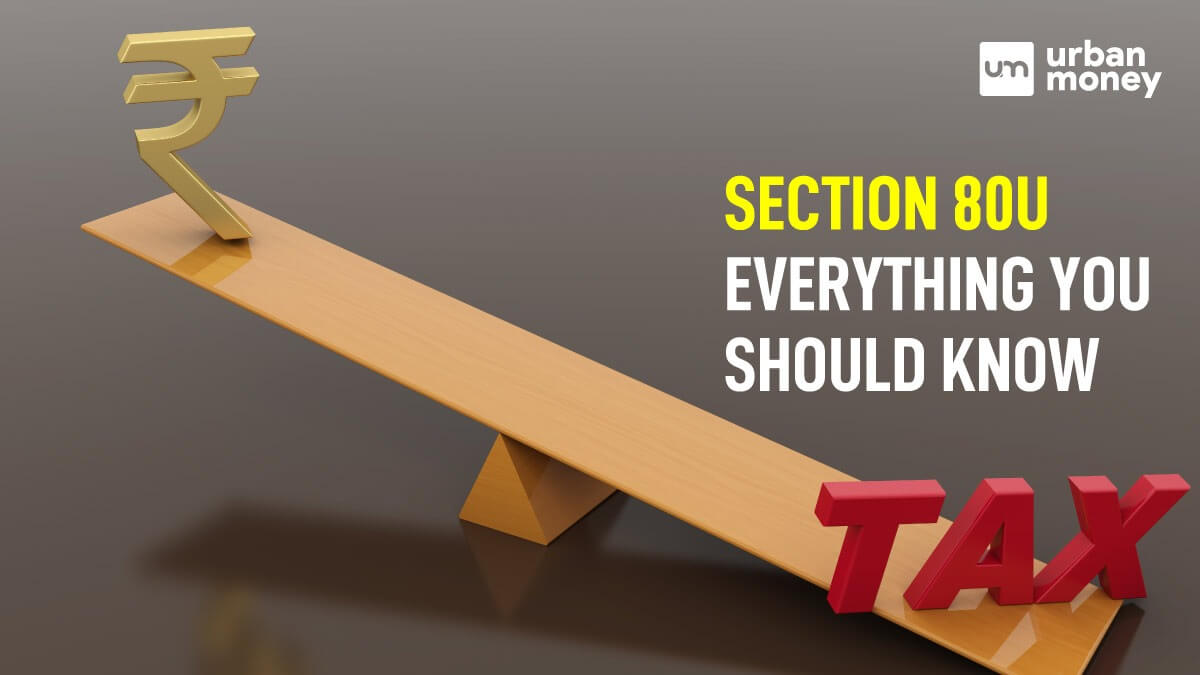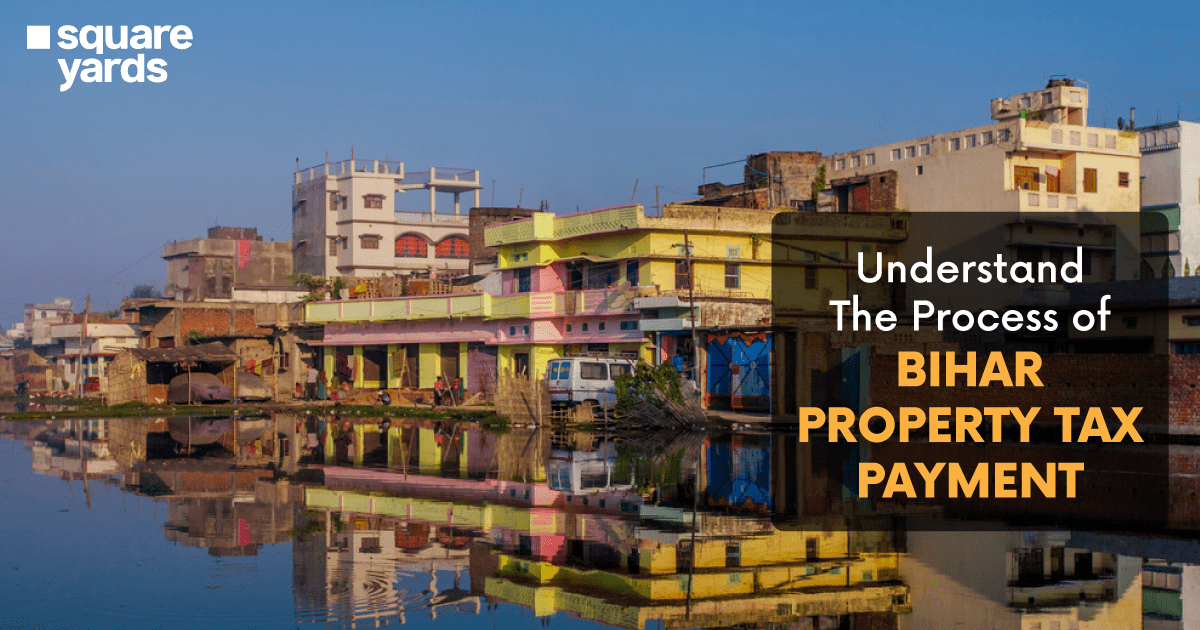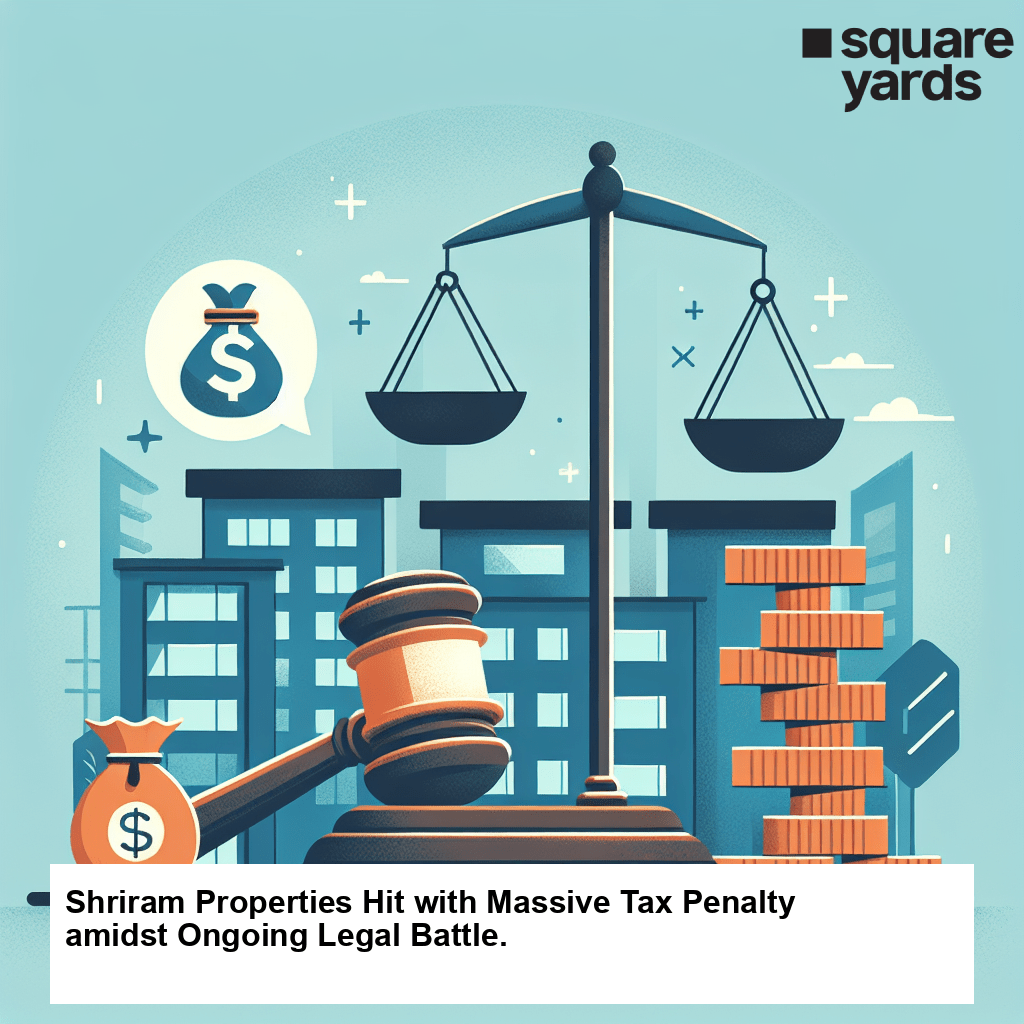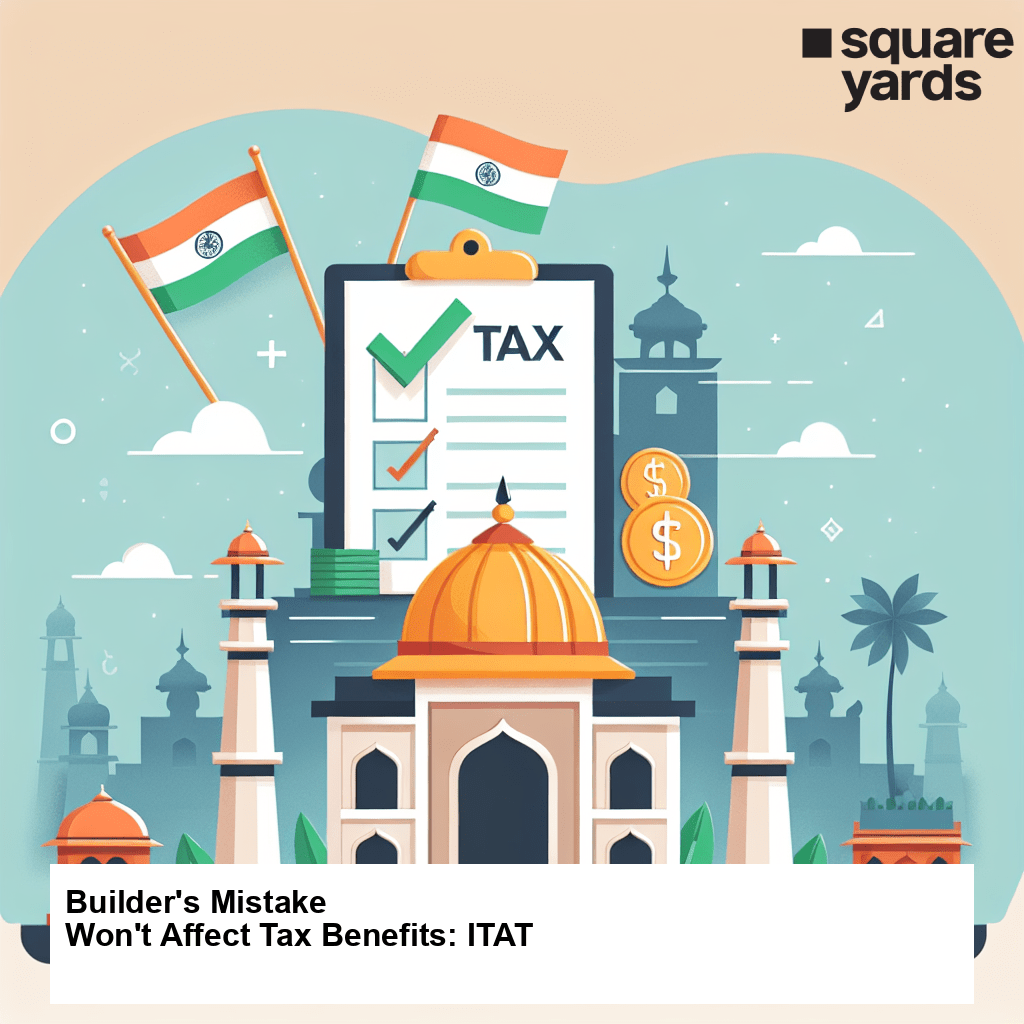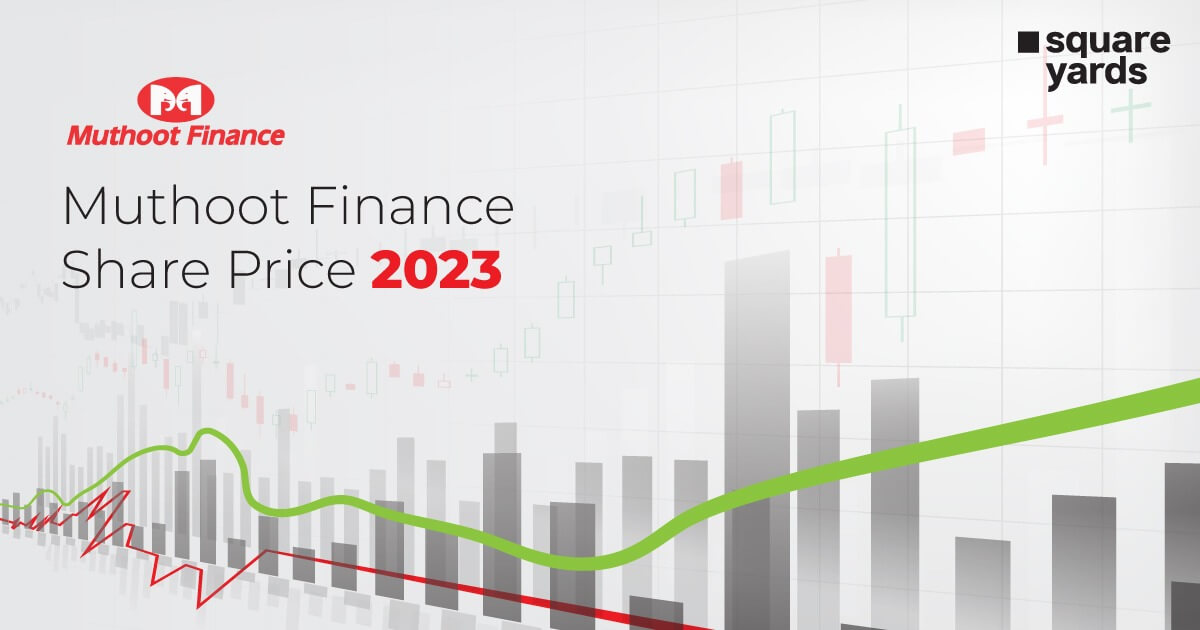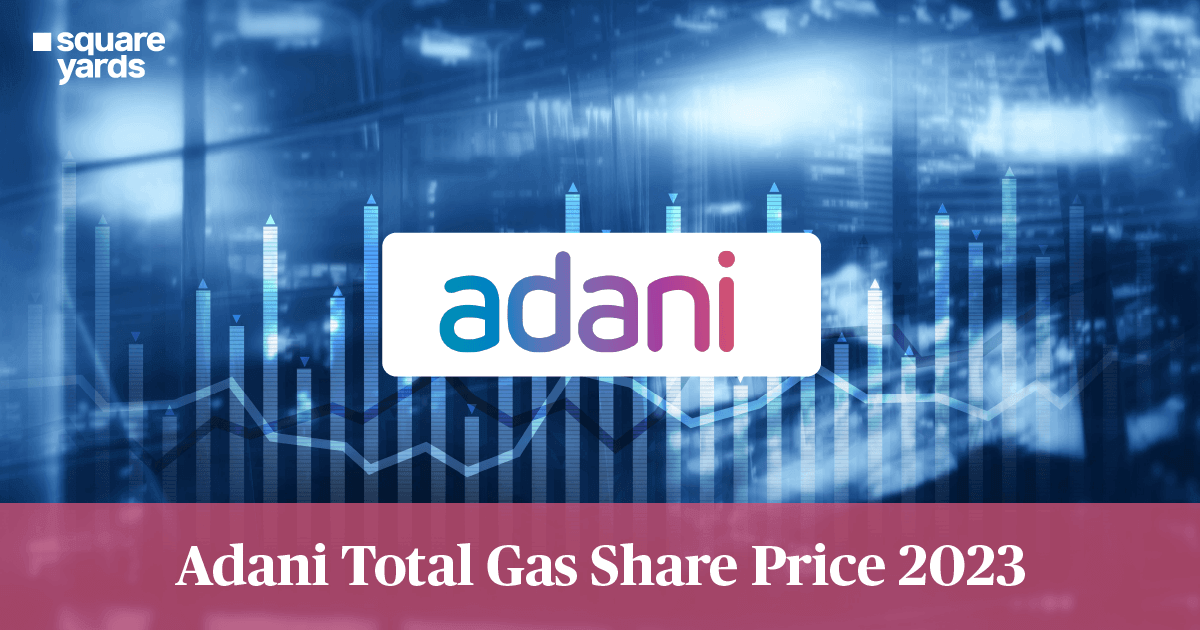Stock exchanges act as a backbone to a modern country’s economic infrastructure. You might be intrigued to know that every country has various stock exchanges. And having said that, you might have a valid question – how many stock exchanges are in India?
The majority of the population thinks that India has just two stock exchanges- the National Stock Exchange (NSE) and Bombay Stock Exchange (BSE). However, it isn’t the truth.
In fact, India has a huge list of stock exchanges. However, only a few of them are currently active and permanent, while others have closed or are going to complete their recognition period quite soon. Calcutta Stock Exchange, Indian Commodity Exchange Limited, Metropolitan Stock Exchange of India Ltd., NSE IFSC Ltd, etc. are a few active exchanges in India.
Initially, you could only trade offline. However, with the inception of the Internet, the process of trading went completely online.
To know more about one of Asia’s oldest and most robust securities markets, we suggest you keep reading!
List of Stock Exchanges in India
As of the last survey conducted in 2022, there are nine active stock exchanges in India.
| S.No | Stock Exchanges | Address | Recognition Valid Upto | Segments Allowed |
| 1 | Bombay Stock Exchange | P J Tower, Dalal Street, Mumbai 400023 Website: www[dot]bseindia[dot]com | Permanent | a. Equityb. Equity Derivativesc. Currency Derivatives (including Interest Rate Derivatives)d. Commodity Derivativese. Debt |
| 2 | National Stock Exchange of India Ltd. | Exchange Plaza, C-1, Block G, Bandra Kurla Complex, Bandra (East) Mumbai 400051 Website: www[dot]nseindia[dot]com | Permanent | a. Equityb. Equity Derivativesc. Currency Derivatives (including Interest Rate Derivatives)d. Commodity Derivativese. Debt |
| 3 | Calcutta Stock Exchange Ltd. | Lyons Range, Kolkata, India Website: http://www[dot]cse-india[dot]com | Permanent | |
| 4 | India International Exchange (India INX) | 101, First Floor, Hiranandani Signature Tower, GIFT City IFSC, Gujarat 382355 Website: www[dot]indiainx[dot]com/ | December 28, 2020 | a. Equity Derivatives (Equity Index Derivatives & Single Stock Derivatives)b. Commodity Derivativesc. Currency Derivativesd. Debt |
| 5 | Indian Commodity Exchange Limited | Reliable Tech Park, 403-A, B-Wing, 4th Floor, Thane-Belapur Road, Airoli (E), Navi Mumbai 400708 Website: www[dot]icexindia[dot]com | Permanent | Commodity Derivatives |
| 6 | Multi Commodity Exchange of India Ltd. | Exchange Square, CST No.225, Suren Road, Andheri (E), Mumbai 400093 Website: https://www[dot]mcxindia[dot]com/ | Permanent | Commodity Derivatives |
| 7 | National Commodity & Derivatives Exchange Ltd. | Akruti Corporate Park,1st Floor, Near G.E.Garden, L.B.S. Marg, Kanjurmarg (West), Mumbai 400078 Website: http://www[dot]ncdex[dot]com/ | Permanent | Commodity Derivatives |
| 8 | Metropolitan Stock Exchange of India Ltd. | Building A, Unit 205A, 2nd Floor,Piramal Agastya Corporate Park,L.B.S. Road, Kurla West,Mumbai 400070 Website: http://www[dot]msei[dot]in/index[dot]aspx | Sep 15, 2022 | a. Equityb. Equity Derivativesc. Currency Derivatives (including Interest Rate Futures)d. Debt |
| 9 | NSE IFSC Ltd. | Unit No. 1201, Brigade International Financial Centre, 12th Floor, Block-14, Road 1-C, Zone‑1, GIFT-SEZ, Gandhinagar, Gujarat 382355 Website: https://www[dot]nseifsc[dot]com | May 28, 2021 | a. Equity Derivatives (Equity Index Derivatives & Single Stock Derivatives)b. Currency Derivativesc. Commodity Derivativesd. Debt Securities (Masala Bonds) |
1. Bombay Stock Exchange (BSE)
Bombay Stock Exchange is the first and oldest stock exchange in Asia which was established in 1875. It is one of the two main stock exchanges in India that is quite popular among people and also for acting as the country’s backbone.
The prime purpose of BSE is to extend a transparent and efficient market for trading equities, currencies, mutual funds, and more. According to BSE’s official website, its vision is to “Emerge as the premier Indian stock exchange with best-in-class global practice in technology, products innovation and customer service.”
The Stock Exchange of Bombay a fully-owned subsidiary. One of its subsidiaries, Indian Clearing Corporation Limited, serves as a central counterparty to every trading practice taking place on the exchange. Moreover, it also offers settlements of the trades executed.
BSE’s other subsidiary is BSE Institute Limited which acts as a capital educational institution in India. Initially in the 1850s, BSE used to conduct under a banyan tree in front of the Mumbai Town Hall where five stockbrokers would gather.
With the number of brokers increasing, the location of meetings kept varying before ultimately it moved to Dalal Street in 1874. To measure and track the overall performance of the exchange, the Bombay Stock Exchange created the S&P BSE SENSEX Index in 1986.
Besides SENSEX, BSE has various other important indices as well. Some of them are BSE100, BSE200, BSE SMALLCAP, BSE MIDCAP, BSEPharma, BSEMetal, BSEAuto, etc.
Visit the official website of BSE to check the Indian Sensex today or Indian Sensex today live!
2. National Stock Exchange (NSE)
NSE is the leading stock exchange in India. It was launched in 1992 as the first dematerialised electronic exchange in India. In 1993, it registered itself under the Securities Contract Regulations Act and received the recognition of stock exchange.
The National Stock Exchange of India functions with a vision “to continue to be a leader, establish a global presence, facilitate the financial well-being of people.”
NSE became the first exchange to offer a completely-automated screen-based trading system to the investors to help them trade effortlessly. NSE has multiple stock market indices among which Nifty 50 is quite popular and is used extensively by investors around the world to keep a record of the Indian stock market.
The National Stock Exchange also played a significant role in the development of the NSDL (National Securities Depository Limited). NSDL allows the investors to hold and transfer their shares fairly easily through electronic means and without any hassle. This has eventually allowed investors to hold their financial instruments in digital form which in turn has mitigated the issues of fake certificates.
3. Calcutta Stock Exchange (CSE)
CSE was incorporated in 1908 with 150 members and is the second oldest stock exchange in Southeast Asia. The exchange got its recognition under pertinent guidelines of the Securities Contract (Regulation) Act, 1956. Later in 1997, it was replaced by the screen-based trading system. It is located at Lyons Range, Kolkata, India
Currently, there has been an ongoing request before the Calcutta High Court to eliminate the Calcutta Stock Exchange by SEBI. The matter is still pending.
4. Metropolitan Stock Exchange (MSE)
In 2012, the Metropolitan Stock Exchange received recognition from the SEBI as a “Notified Stock Exchange”. This notified stock exchange extends a hi-tech and digital trading platform in debt markets, Futures & Options as well as Capital Markets.
On 9th February 2013, MSE launched its index called SX40 and began the operation on 11th February 2013. SX40 is a free-float dependent index comprising 40 large-caps, liquid stocks that demonstrate assorted segments of the economy.
Metropolitan Stock Exchange has a special framework as the unique market development philosophy consisting of four cornerstones- Information, Innovation, Education and Research. These four special parameters are designed to support the goal of financial literacy across India.
5. India International Exchange (India INX)
It’s the first International Financial Services Centre of India, located in Gujarat. The operations of India INX began in 2017 and is known as a subsidiary of BSE Limited.
The exchange renders a single fragment approach for every asset class including currencies, equities, commodities, etc.
India INX utilised an advanced technology platform and is the fastest in the world with a jaw-dropping turnaround time of four microseconds.
For market players and global experts, India International Exchange acts as an offshore exchange that renders innovative products and services along with competitive advantages in the context of the tax structures.
6. National Stock Exchange IFSC Ltd/ NSE IFSC Ltd
NSE IFSC is a subsidiary of the National Stock Exchange. The prime motive behind the introduction of NSE IFSC was to expand the horizon of India’s financial market and boost the capital brought to the Indian markets.
NSE IFSC Ltd is quite similar to India INX and is situated in the International Financial Service Centre, at GIFT city, Gujarat. It was launched in November 2016, and its SEBI recognition is valid until May 2022.
This stock exchange does not trade in individual stocks but trades in derivative sectors such as currency, equity and commodity. The exchange operates in two sessions with each session counting for eight hours.
The first session starts at 8 a.m and continues until 5 p.m., while the second session starts at 5.30 p.m. and continues until 1.30 p.m.
7. Multi Commodity Exchange of India Ltd. (MCX)
Instituted in 2003, the Multi Commodity Exchange of India is the first listed commodity exchange. It was established under the regulation of FMC. Later, it was merged with the Securities and Exchange Board of India (SEBI).
The operation of MCX began on November 10, 2003. It is located in Mumbai and is known as India’s most comprehensive commodity derivatives exchange. It completed fifteen years in 2018 and created a milestone in trading by generating a turnover of $50 trillion.
Not long ago, they launched “ComRIS”, a web-based application that keeps track of transactions. Achievements like this ranked MCX 7th among all the commodity exchanges in the world.
Although, you must know that companies don’t trade here. Rather, the only trades allowed here are rubber, crude oil, cotton, gold, silver, etc. You can easily find the stocks of MCX listed on the BSE and NSE.
8. National Commodity & Derivatives Exchange Ltd. (NCDEX)
As the name suggests, it’s a commodity exchange that operates entirely online and is managed by professionals. NCDEX was instituted on April 23, 2003, and has its headquarters located in Mumbai. However, it renders its facilities to the members of the exchange from various other centres situated across the country.
Most of the shares of the National Commodity & Derivatives Exchange are owned by national-level institutions, companies, and large public sector banks.
The only thing you can find here is the commodity derivative. Hence, you can only trade on various types of turmeric, refined oils, seeds, barley, wheat, grains, chickpeas, etc. NCDEX has been extremely facilitating in encouraging agricultural practises because it has made trading easy and also stimulates growth for people who are associated with agriculture.
NCDEX holds the recognition of a permanent stock exchange with more than 30 lakh clients trading on over 50,000 terminals across 1000 centres in India. Their trading time is between 10 a.m to 11.30 p.m. and operates for five days a week.
9. Indian Commodity Exchange Limited (ICEX)
To be precise, it’s not exactly a stock exchange, but a commodity derivative exchange regulated by SEBI. The headquarter of Indian Commodity Exchange Limited is based in Mumbai.
The exchange got SEBI registration in August 2017. It allows the registered brokers to trade in specific financial instruments across the country.
It is known as a permanent exchange and is the only Exchange in the world known to launch a diamond derivative contract in 2017. This exchange also offers you a chance to trade in commodity derivatives and mutual funds as well.
Which Stock Exchange should Investors/Traders Transact in India?
The selection of stock exchange is completely dependent on the companies listed on the exchange and the kind of stock you choose to invest in.
For instance, if you wish to take positions in commodities, your choice may vary from agricultural to non-agricultural commodities. While both NCDEX and MCX provides products under both categories, Multi Commodity Exchange of India Ltd. has a wider range of non-agricultural commodities.
Hence, we can say that liquidity is also better. However, in the case of Agri derivative instruments, NCDEX appears better, considering the offering.
On the other hand, if you want to invest in BSE that is only listed on the National Stock Exchange, then your only option would be to trade through NSE.
You must know that most of the stocks are listed on both NSE and BSE which makes it less difficult to decide where you should invest.
Vital Roles Played by a Stock Exchange
As discussed in the beginning, stock exchanges play a crucial role in boosting the country’s economy in contemporary times. Besides that, they can be helpful in various other ways. Some of them are as follows:
Help in Deciding the Fair Price
The stock exchange is extremely helpful in determining the fair prices of publicly listed companies. Trading securities persistently facilitates estimating the price of listed securities.
Protect Investors’ Interest
The stock exchanges have framed specific guidelines so that the listed entities can operate in a certain manner. Companies are obliged to follow such norms which in turn, will be highly beneficial in protecting the interests of investors as they would have financed the operations.
If a company decides to make any changes or major decisions, it must notify the stock exchange first.
Foster Industrial Advancement
The industrialisation of any country relies on the availability of capital. Stock exchanges ensure this by allowing the public to invest directly in the companies.
Act as Secondary Markets
Stock exchanges aid investors of specific bonds, such as sovereign gold bonds (SGBs), to sell their holdings or shares within the maturity or lock-in period.
Reduce the Dependency on Loan for Corporates
Stock exchanges help companies to avoid availing of a loan. Rather, the exchange allows them to raise capital through issuing securities. This has indeed, saved them a huge amount of regular interest outgo.
FAQ’s about Stock Exchange in India
Q1. How many stock exchanges are there in India?
As per SEBI’s data on January 20220, there are a total of nine stock exchanges in India. However, only a few of them are active and permanent.
Q2. What are the 2 stock exchanges in India?
Out of all stock exchanges in India, the National Stock Exchange and Bombay Stock Exchange are the two most popular and biggest stock exchanges in the country.
Q3. What are the various stock exchanges in India?
National Stock Exchange, Bombay Stock Exchange, Multi-Commodity Exchange, Calcutta Stock Exchange, Metropolitan Stock Exchange, etc. are different stock exchanges in India.
Q4. How many stock exchanges are there in India in 2021?
As of 2022, there are 9 active stock exchanges in India.


